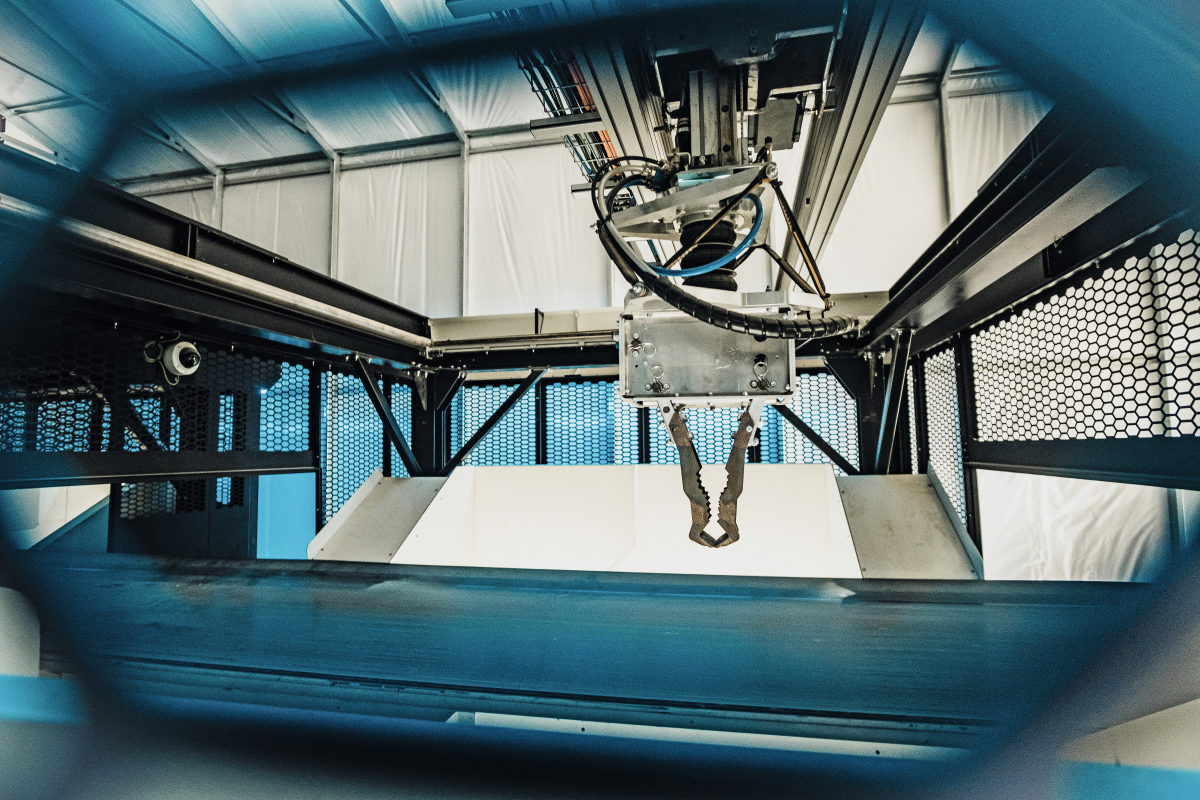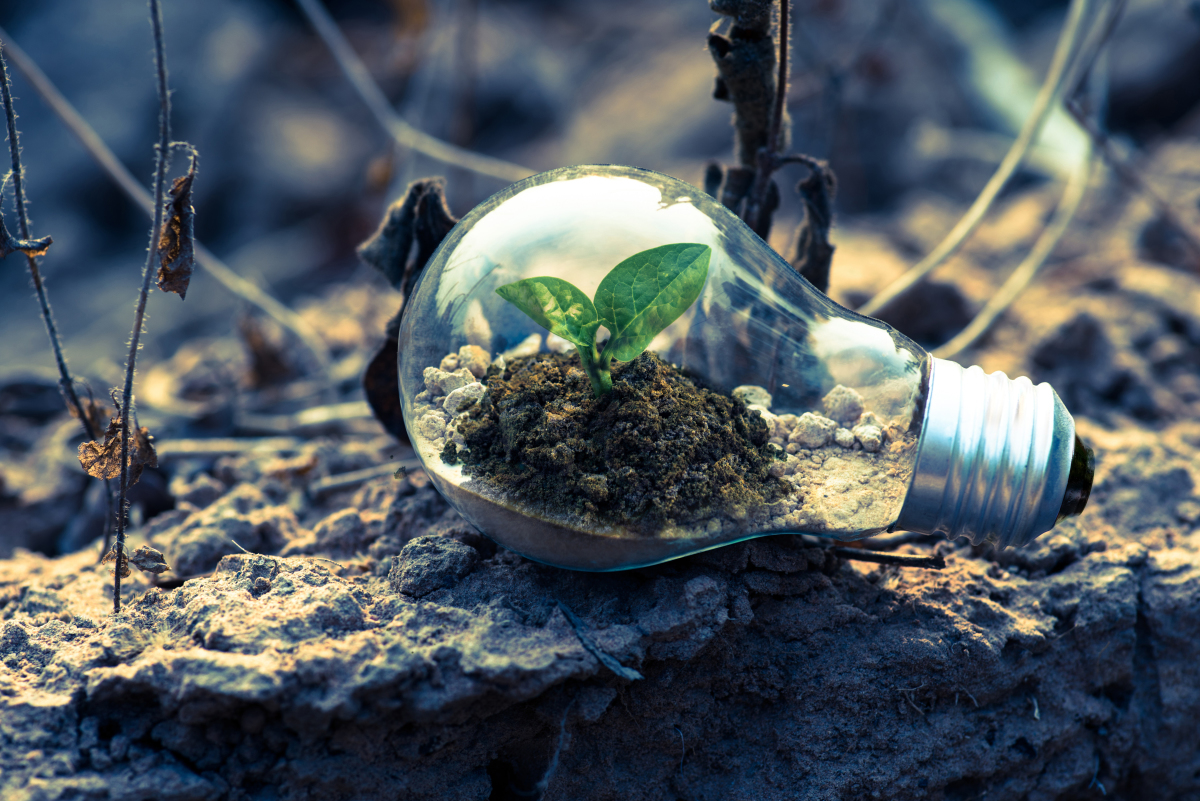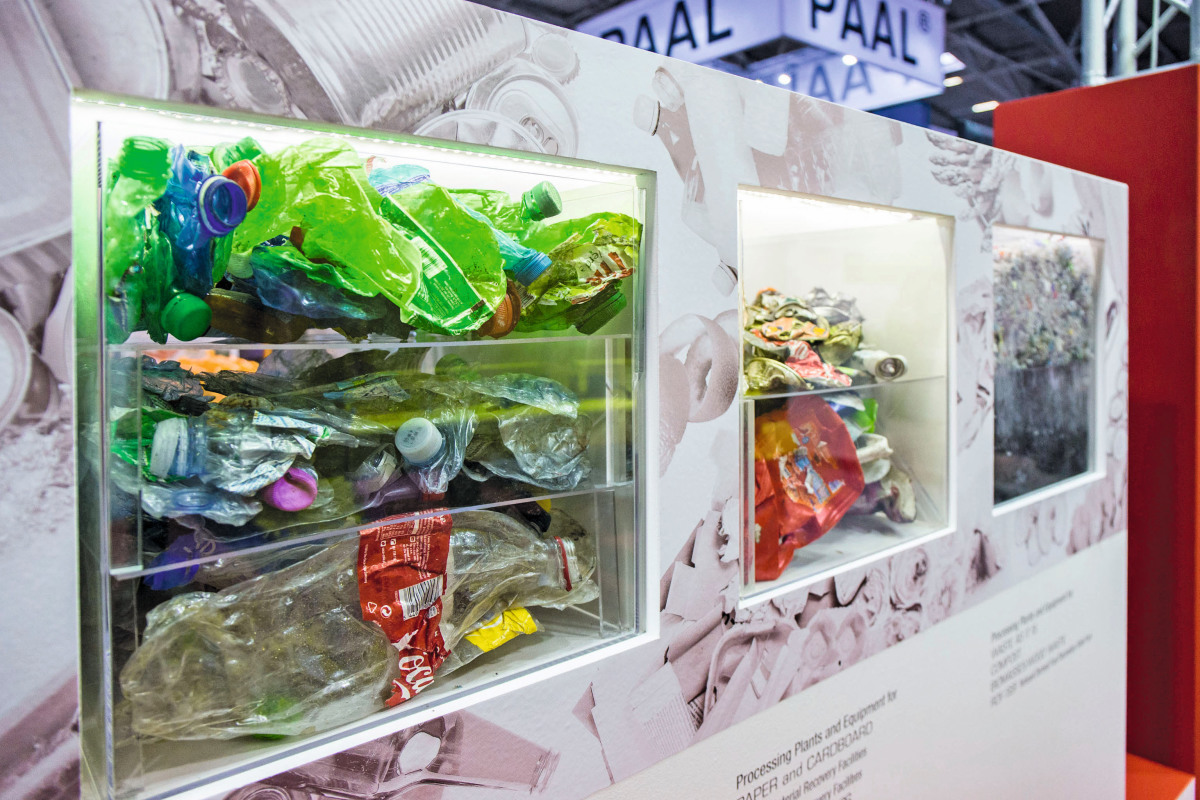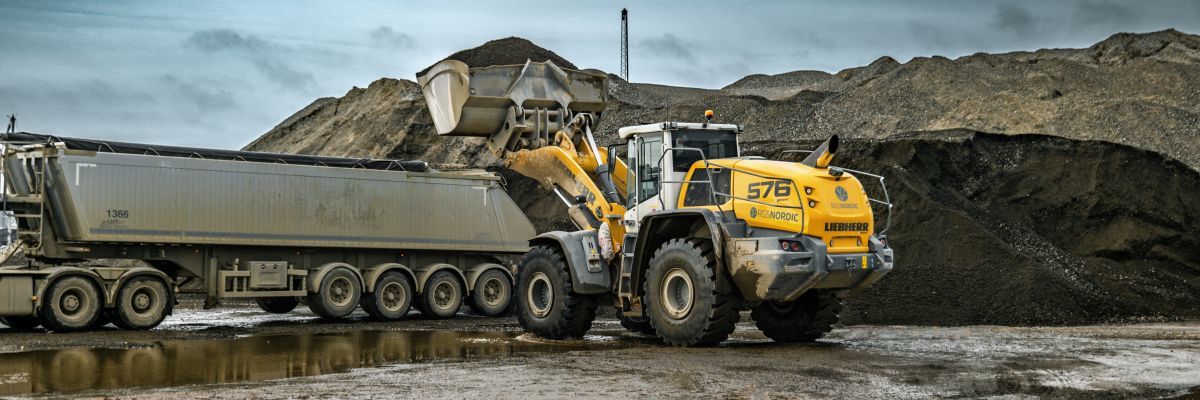Nordic coalition to accelerate the transition to a Circular Economy
26.09.2019

Key actors from Norway, Sweden, Finland and Denmark joined forces to accelerate the Circular Economy in the Nordic Countries at the World Circular Economy Forum in Helsinki, which took place on 3 to 5 June 2019.
The coalition aims to establish a new platform that will increase knowledge sharing about circular economy business models between the Nordic markets, while exploring the opportunities for specific circular economy projects in the Nordics. The coalition is modelled from the best practices from Holland Circular Hotspot. Stakeholders and actors interested in joining the coalition are encouraged to get in touch.
The coalition will align goals and targets for the circular economy in the Nordics, building on existing efforts from each market and experience from similar companies in different sectors. The coalition will invite governments, cities and regions, companies and knowledge institutions to collaborate closely to explore practical and scalable solutions, applicable for SMEs and core industry, as well as exploring necessary policy incentives.
“The consumption in the Nordic countries continue to increase at an unsustainable rate. Each of the Nordic countries are small, but together it’s the 11th largest economy in the world. Collaborating for development of education exchange and information is the Nordic model. A Nordic Circular Hotspot initiative can speed up the necessary transition to a circular economy,” says Cathrine Barth, founder of Circular Norway and one of the initiators of Nordic Circular Hotspot.
“Today there is limited collaboration between the Nordic countries when it comes to concrete actions for a circular economy transition. We believe that collaboration between the Nordic countries is crucial for breaking out of the linear economy infrastructure in the region and moving towards a circular economy,” says Marthe Haugland at Nordic Innovation. Nordic Innovation are financing the pre-project for a Nordic Circular Hotspot.
“The trend towards circular material flows must move faster. The Business sector is often ahead of politics. Now, new financial incentives are needed to support new business models. Nordic cooperation is particularly important for pushing for circular economy reforms at EU level”, says Anders Wijkman, Chairman of Circular Sweden. “Most important will be to introduce criteria for circular design.”
Initiators of the coalition include Lifestyle and Design Cluster/National Circular Hub from Denmark; Cradlenet and RISE from Sweden; Business Finland from Finland and Circular Norway from Norway. Among other interested parties are Sitra, The Association of the Swedish Recycling Industries and Circular Sweden.
“The Circular economy increases green innovation, export and employment, reduces resource use and limits different kinds of pollution, including CO2 emissions. The Nordic cooperation will help exchange ideas and focus on this important new way of doing business and address global common opportunities. It is of great importance that we keep pushing the boundaries with the aim to be in the top of the class of green and circular innovation,” says Betina Simonsen, Lifestyle & Design Cluster, in Denmark.
All interested to participate in the initiative, can sign up at





